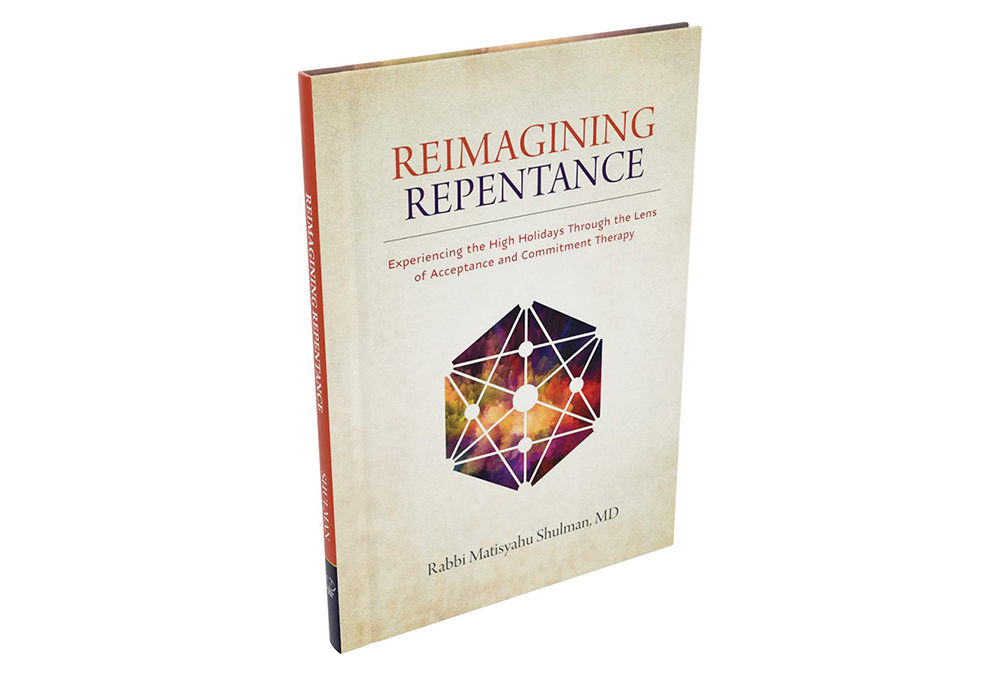
You might wonder what kind of warning label is needed for a period of Jewish mourning. This article will explain that there is a real danger that this time period in the Jewish calendar can actually lead to the very opposite of its original purpose!
There is a famous teaching that the Second Temple was destroyed because of the sin of baseless hatred. The well known story of Kamtza and Bar Kamtza is cited as an example of this hatred in the Talmud (Gittin). In the story, a man mistakenly invites a man he hates (Bar Kamtza) to a party. Instead of admitting his error and moving on, the man ejects Bar Kamtza from the gathering, shaming him in public. The story ends with Bar Kamtza providing the Roman Emperor a false report that the Jews are rebelling, eventually triggering the siege of Jerusalem.
If baseless hatred led to the destruction of the Temple, certainly the goal of the time period focused on mourning the Temple should also be to increase love among people. This is where we need the warning label. Remembering our difficult history does not necessarily bring us closer together. Although many Jews living today have not directly experienced traumatic events, as a people we have a collective experience of terrible suffering. We know from psychology that people who have experienced traumatic events often have trouble connecting with others. One of the most common symptoms of post-traumatic stress disorder is isolation and mistrust of others, even friends and family. A person who has experienced something terrible at the hands of other humans might come to believe that all people are inherently evil. Psychologists term this experience “over-accommodation” or having an extreme change in thinking in reaction to a trauma experience.
The danger therefore is that we may react similarly to our own national trauma. If we do, we actually may have experienced the opposite of what we should have during the Three Weeks. In other words, a time devoted to national unity might have turned into a time where our skepticism, suspicion and distrust of others dominated our thinking. In this way, a period of coming together might, God forbid, have become a time of Jews turning against each other.
So how can we avoid this trap on Tisha B’Av and going forward? The first thing to do is notice our reaction to the mourning of the Three Weeks and Tisha B’Av. Do we feel stressed and tense, isolated and disconnected from the community? Do you notice yourself explicitly rebuking others or speaking more harshly to friends and loved ones? Do we think of this as a time to rebuke others for their sins rather than as a time to reflect on what we could do better ourselves? If so, we can consider rethinking our approach to the time. There are many ways to mourn a loved one, and they do not all have to include anger and bitterness. We can mourn by remembering the beauty of the person we have lost and allow ourselves to feel sad with our family and community who have also experienced this loss. Although we do not greet a mourner (or anyone on Tisha B’Av) with the greeting “Shalom,” we still gather to mourn. At a shiva home the family of the deceased sits together.
If we wish to repent for the sins that led to the destruction of the Temple, this message is vital. Repentance for baseless hatred requires us to find ways to connect with others even when we might feel isolated or mistrustful. We should try to be mindful of how we think of others, particularly those who might act and look different than we do. If we experience anger, disgust or negative thoughts in regards to these people, what can we do?
An important step in connecting with others is finding commonality despite our differences. In the context of the Three Weeks, we can empathize with our common experience as a nation. We have all lived through and continue to live through the hatred and suffering that we memorialize on Tisha B’Av. Even people who don’t observe the customs of this time period live in a world filled with pain and suffering. Empathizing with the suffering and experience of others will allow us to attempt to heal some of the hatred that led to the destruction of the Temple in the first place.
Matisyahu Shulman is the author of the recently published work “Reimagining Repentance: Experiencing the High Holidays Through the Lens of Acceptance and Commitment Therapy” (Kodesh Press). He is a clinician-scientist at the New York State Psychiatric Institute with an academic appointment at Columbia University Irving Medical Center. He is the author of numerous peer-reviewed journal articles and book chapters on general and addiction psychiatry. Before medical school, he received semicha from the Rabbi Isaac Elchanan Theological Seminary.











